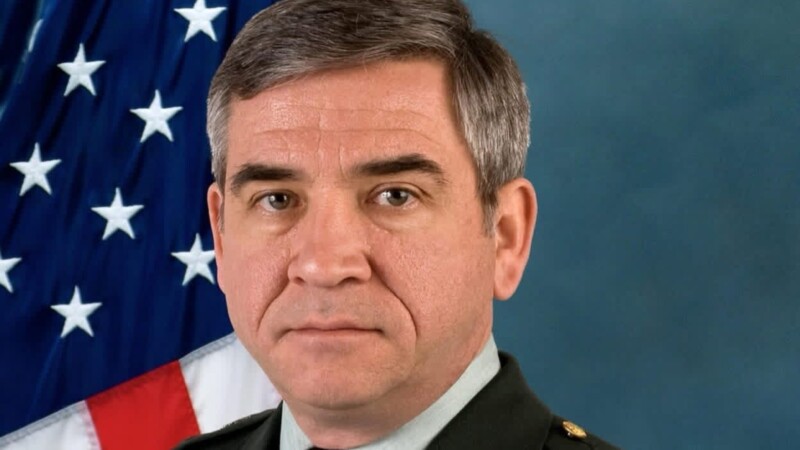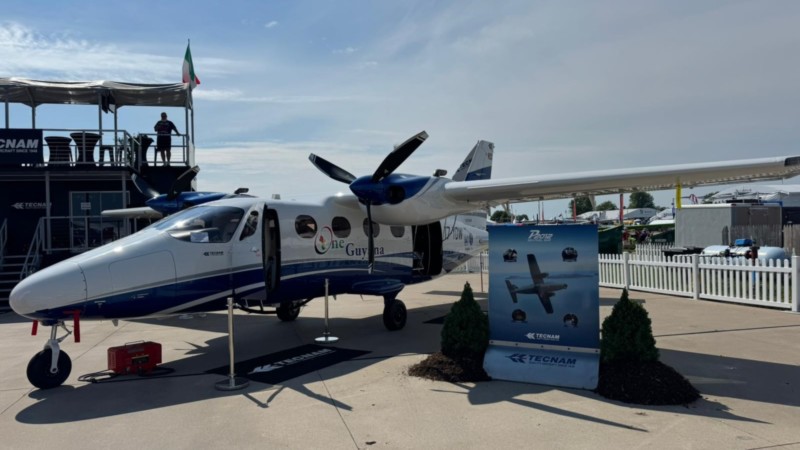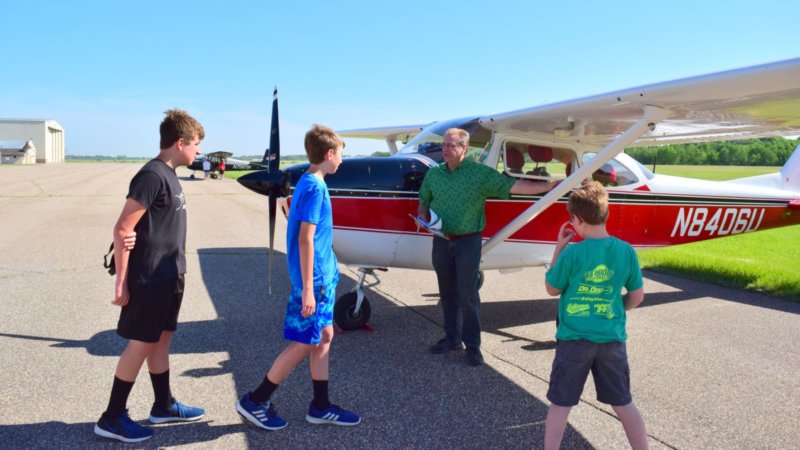Newark Liberty International Airport has been thrust into the spotlight following a significant air traffic control (ATC) crisis that underscores systemic issues within the U.S. aviation infrastructure.
The Incident: A Brief Communication Blackout
On April 28, 2025, air traffic controllers at Newark experienced a 90-second loss of radar and radio communication with incoming aircraft due to a failed copper wire. This unexpected blackout left controllers unable to see or communicate with planes, leading to a tense situation that, fortunately, did not result in any accidents.
Aftermath: Trauma Leave and Staffing Shortages
The psychological impact of the incident led several controllers to take trauma leave under the Federal Employees Compensation Act, which allows for up to 45 days off for those experiencing work-related traumatic events. This exacerbated existing staffing shortages, as the Philadelphia-based control center responsible for Newark's airspace was already operating with limited personnel.
The crisis highlighted the outdated state of the FAA's technology, with reports indicating that some systems still rely on decades-old equipment. Additionally, ongoing runway construction at Newark has further strained operations, contributing to significant delays and cancellations.
Response and Future Plans
In response to the crisis, the FAA has acknowledged the need for systemic reforms. Transportation Secretary Sean Duffy announced plans to overhaul the nation's air traffic control system, including hiring new controllers and upgrading equipment.
Implications for the Aviation Industry
This incident serves as a stark reminder of the vulnerabilities within the U.S. aviation system. It underscores the urgent need for investment in modernizing infrastructure and addressing staffing challenges to ensure the safety and efficiency of air travel.
As the industry moves forward, stakeholders must prioritize these reforms to prevent similar crises and maintain public confidence in air travel.











